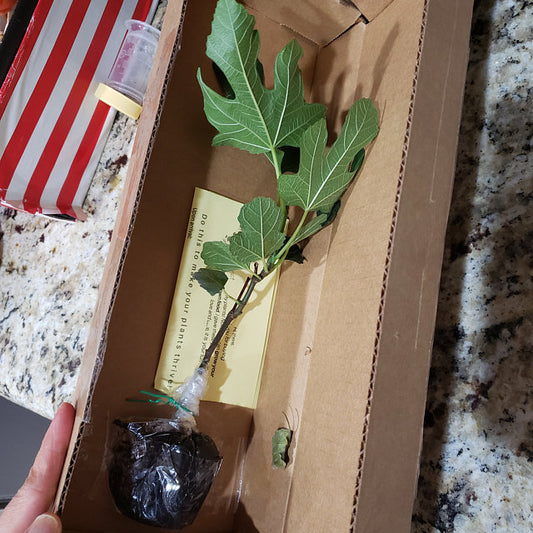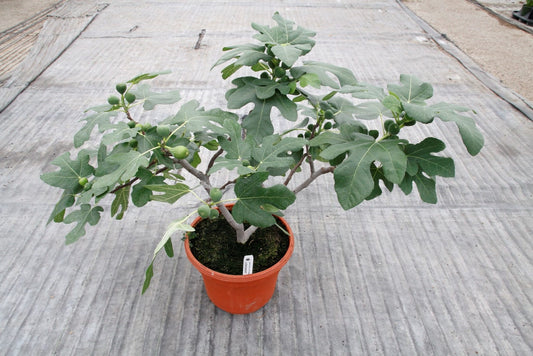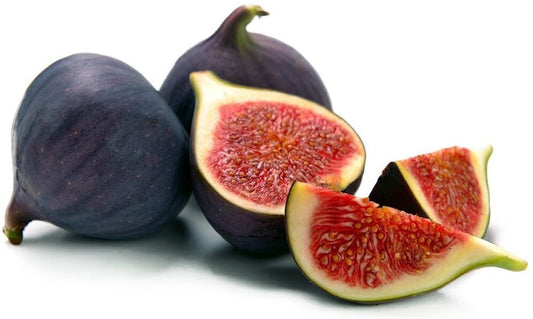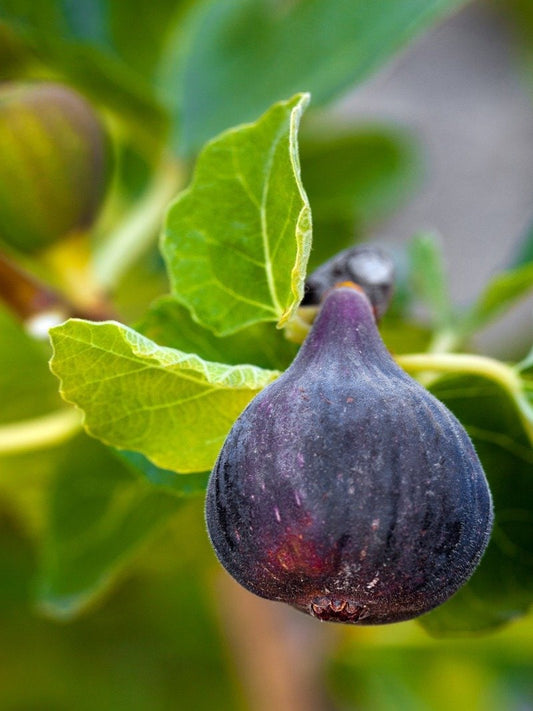Fig trees are a great addition to any garden, providing delicious and nutritious fruit. However, sometimes, you may find that your figs are smaller than expected. In this article, we explore the common reasons for small figs and offer solutions to help your fig tree produce larger, juicier fruit.
Table of Contents
1. Insufficient Water
Insufficient water is a common reason for small figs on a fig tree. Fig trees need consistent moisture, especially during the growing season. If the tree doesn't receive enough water, the figs may remain small or drop off prematurely. To prevent this, water your fig tree deeply and regularly, especially during dry periods, to keep the soil consistently moist but not waterlogged.
2. Lack of Nutrients
A lack of essential nutrients, particularly nitrogen, phosphorus, and potassium, can result in small figs on a fig tree. Nutrient deficiencies hinder the tree’s ability to grow and produce large fruit. To address this, fertilize your fig tree with a balanced fertilizer or a specialized fig tree fertilizer that provides the necessary nutrients for healthy fruit development.
3. Overcrowding
Overcrowding can lead to small figs on a fig tree. If the tree has too many branches or is planted too close to other trees or structures, it may not receive enough sunlight and air circulation to produce large fruit. To fix this, prune your fig tree to remove overcrowded branches and ensure it's planted in a spacious location where it can receive adequate sunlight and ventilation.
4. Incorrect Pruning
Incorrect pruning can also result in small figs on a fig tree. Pruning at the wrong time or too aggressively can hinder the tree’s ability to produce large fruit. To prevent this, prune your fig tree in late winter or early spring, removing only dead or damaged branches and avoiding excessive pruning. Proper pruning encourages healthy growth and larger fruit.
5. Poor Pollination
Poor pollination can lead to small figs on a fig tree. Fig trees rely on pollination to produce large, healthy fruit. To improve pollination, encourage beneficial insects like bees by planting pollinator-friendly flowers near your fig tree or manually pollinate the figs by gently brushing the flowers with a small paintbrush. Improved pollination can lead to larger and more abundant figs.
By addressing these common causes of small figs, you can help your fig tree produce larger, juicier fruit. Consistent watering, proper nutrition, adequate spacing, correct pruning, and improved pollination are key to growing delicious figs that you'll love to enjoy and share.







